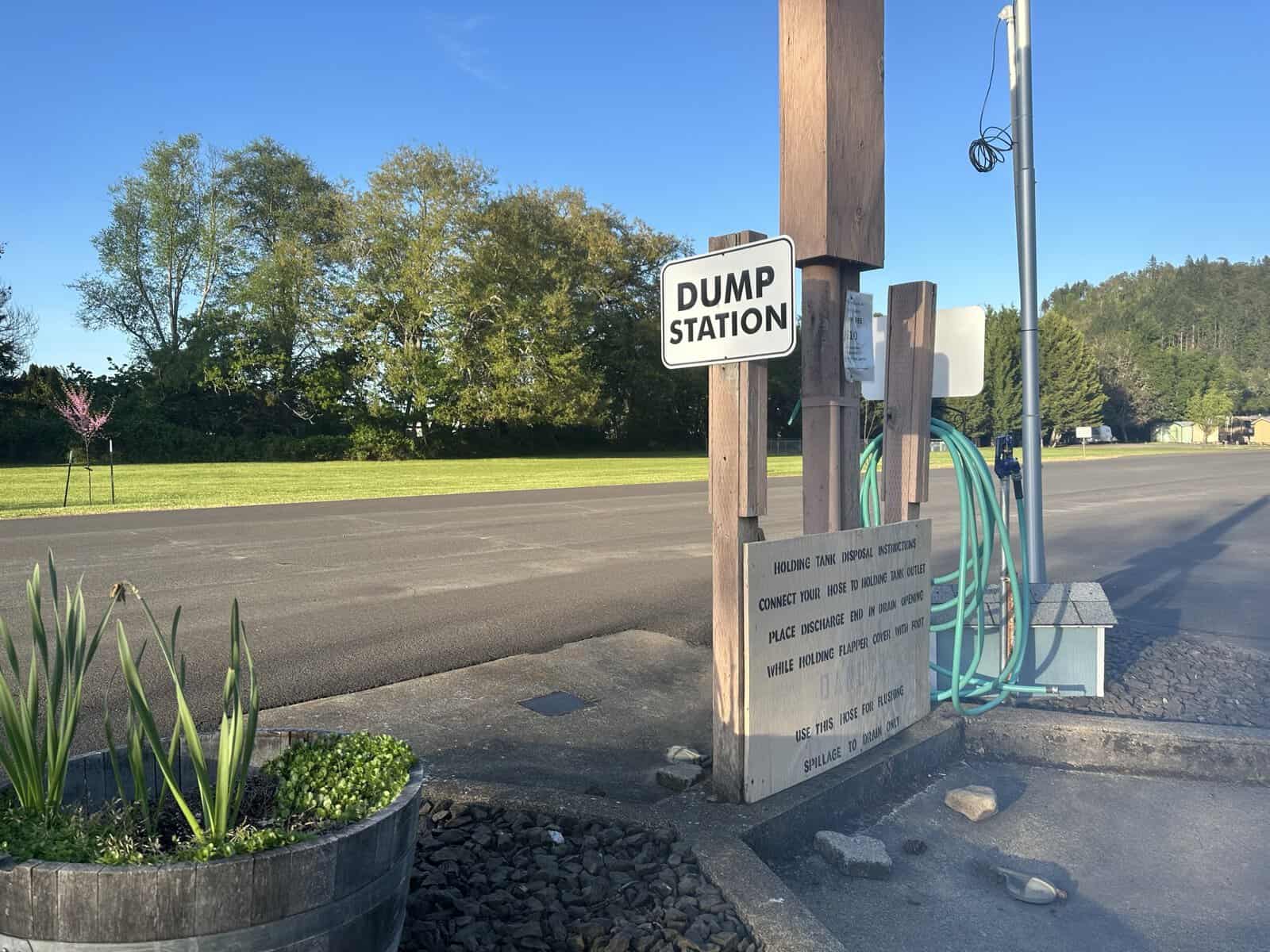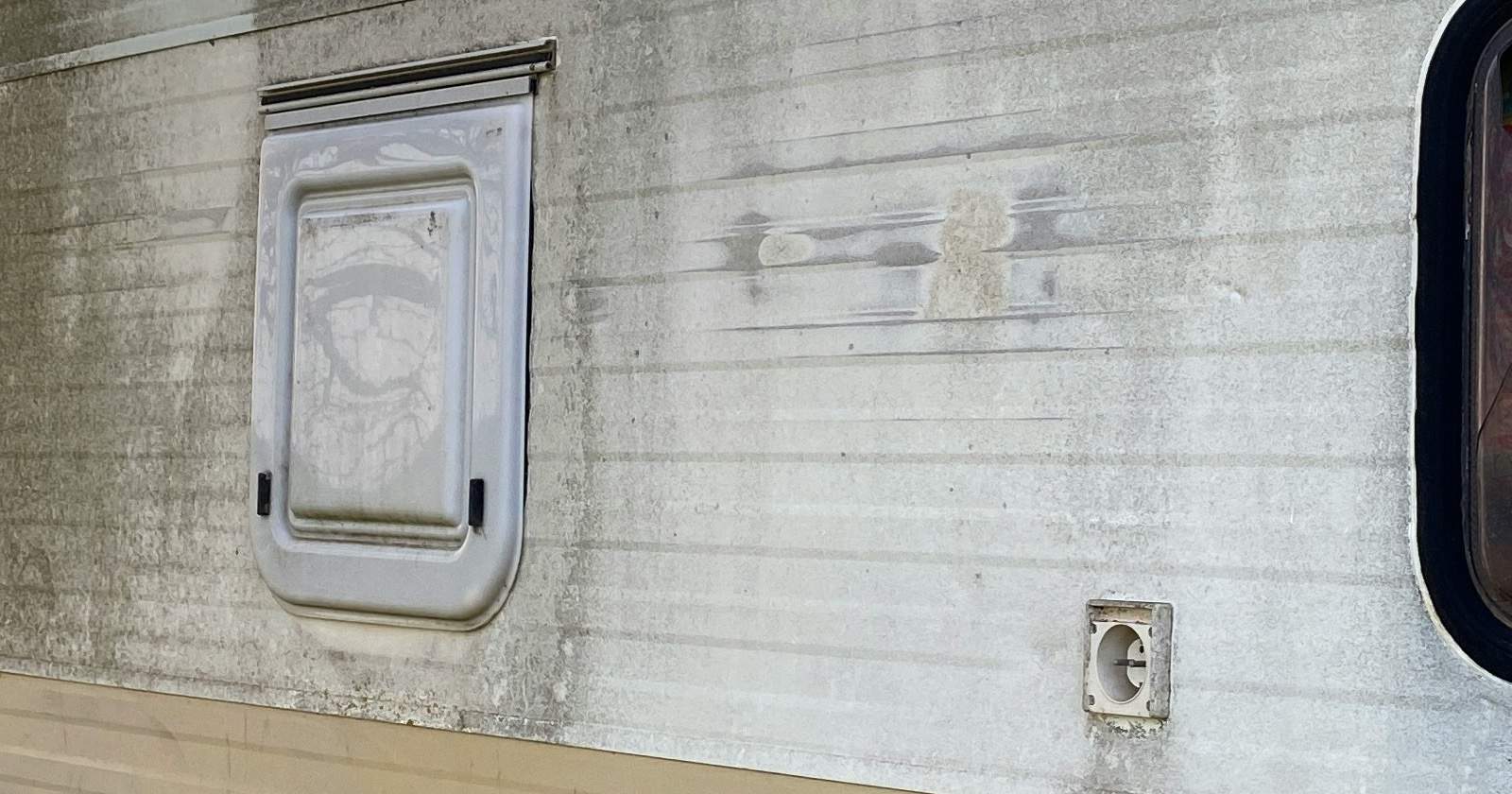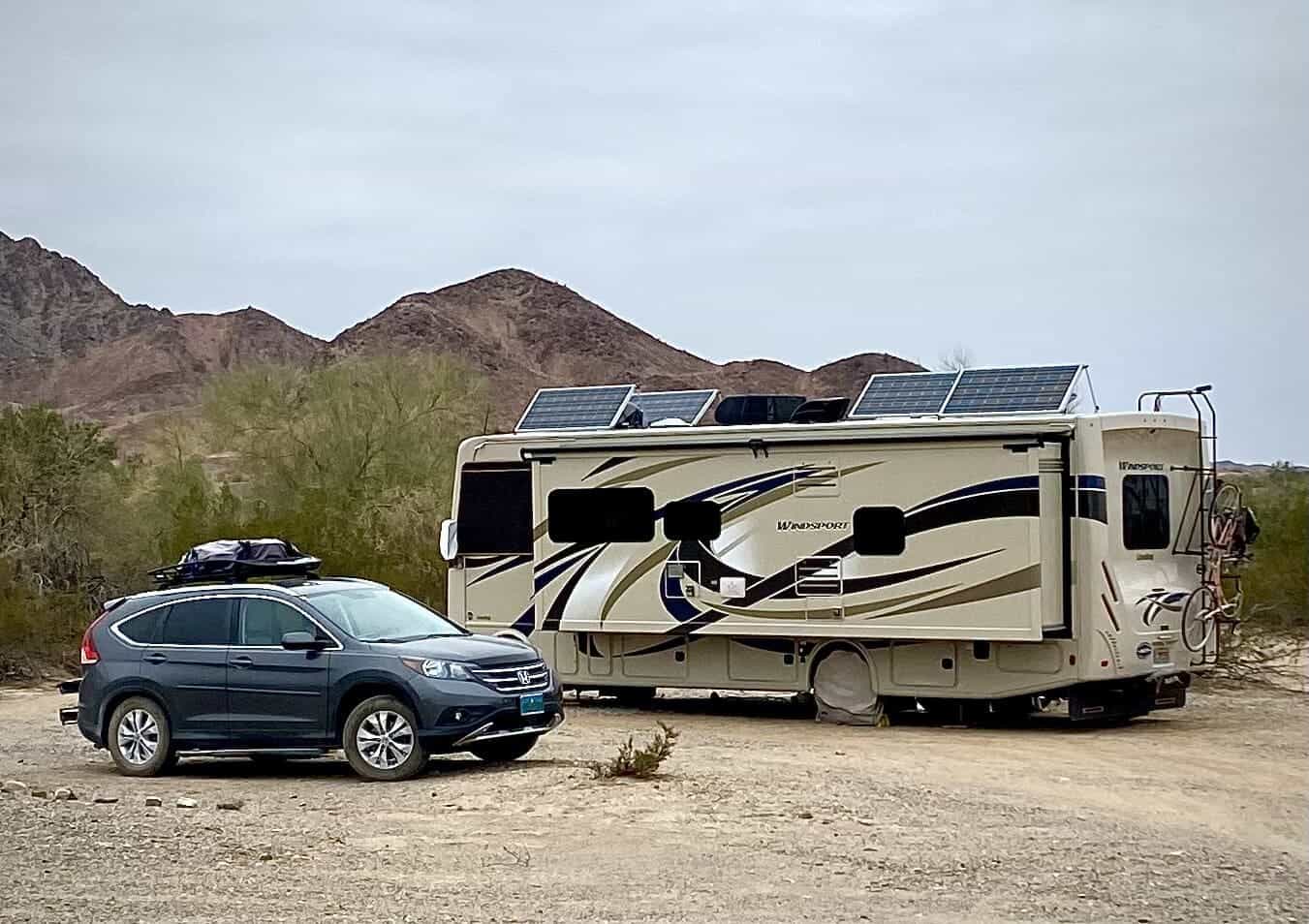Even the best home on wheels can only give limited protection from cold weather. The rest is up to you. Don’t learn winter RVing mistakes the hard way like I did. If bad weather is approaching, it’s time to get serious about keeping warm, safe, and enjoying this year-round lifestyle.
RVing is now a year-round activity.
It’s no surprise that more RV owners are bypassing the RV storage lot to give winter camping a try. According to the RV Industry Association (RVIA), “RV ownership has increased over 62% in the last twenty years with a record 11.2 million RV owning households.” The RVIA discovered that part-time RVers use their campers about 96 days a year on average. A University of Utah study reflects these findings, by revealing that more visitors are exploring the state’s national parks in winter than ever before.
Can You Be Comfortable RVing in Winter? And Safe?
Winter RV camping doesn’t have to be brutal. But even snowbirds who fly south for winter can get caught in unexpected snow storms. You can be warm, safe, and comfortable in cold temperatures if that happens to you. Just don’t wait to learn how to do it the right way. If you’re actively planning RV trips in winter, but unprepared to avoid winter RVing mistakes, you may never want to do it again.
We almost gave up on full-time RVing during our first year on the road. That’s when we went into the Idaho mountains in late October. The trip went south, because we didn’t do much destination research. Believe it or not, we didn’t realize how cold it could actually get up there! We also didn’t check campground reviews, so it never occurred to us that mountain campsites would be closed. Once we arrived, no amount of blankets could keep us warm. Our small RV solar electric power system was not robust enough to run our essential appliances like the fridge, and more importantly, our RV furnace. Under those dark, cold, steel-colored skies, our camper batteries couldn’t hold a charge for very long. After several miserable, freezing days, we fled to lower ground.
The 10 Dumb Winter RVing Mistakes You Want to Avoid
That Idaho adventure was not the first time we did dumb things while RVing in freezing temperatures. Over the last 15 years of full-time RVing, we racked up an impressive list of winter RVing mistakes. Finally, I think we understand how to stay warm and safe while RV camping in cold weather.
Wherever you are, make it your goal to avoid these common cold weather blunders. Don’t learn them the hard way, so you can enjoy four seasons of fun.
Not clearing snow off the slide-out roof (before retracting it)
In winter, carry a ladder and something that easily removes snow from RV rooftops. This lesson hit home one cold October night in Colorado, when a snow storm caught us by surprise. As we prepared to leave the next day, we forgot one important thing: to look up before retracting our slide out.
Shortly after the slide out motor stalled, we discovered why it got stuck. A massive pile of heavy snow had accumulated on the slide out roof! My husband spent the next hour precariously perched atop our truck trying to remove it with a broom.
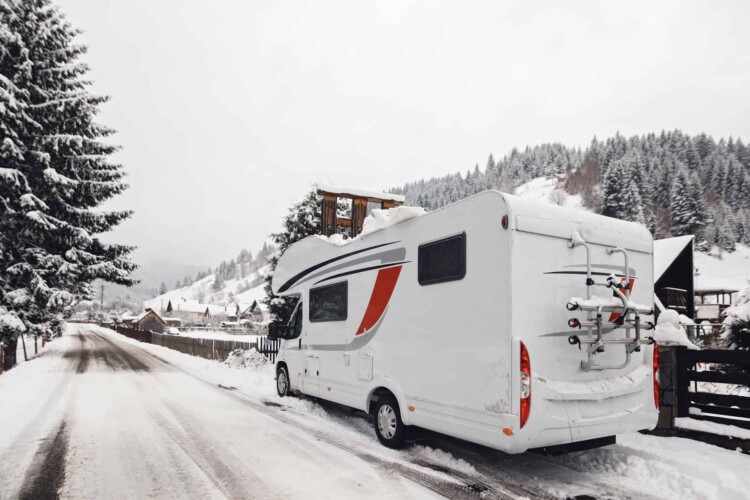
Delaying RV generator maintenance.
Is your RV generator prepped for winter weather? Make sure yours runs before your comfort depends on it. That’s because starting even a well-maintained generator can be tough in freezing weather. Generator starting is especially rough if you have an external model like we do.
Understand RV maintenance needs, especially for your internal or external generator. A well-running machine may be the only thing between you and a miserably cold temperatures inside the RV.
Keeping the fresh water hose connected.
Don’t wait for the first hard freeze to teach you the agony of defrosting your drinking water hose with a hair dryer. When weather starts to go bad, just fill your RV freshwater tank with water and disconnect your RV drinking water hose. You’ll be glad you did when you can still use water from your water tank and not the campground bathroom.
Forgetting to check propane levels before departure.
Use a propane safety tool like the GasStop to alert you when your RV propane supply runs low. Always carry two full tanks, especially if you’ll be cold weather boondocking in remote areas. If not, you could end up getting stranded in a remote campsite without fuel to keep you warm. Ask me how I know.
Not carrying an alternative heat source.
When we were RV newbies, a small, portable Buddy Heater was a low priority piece of winter RV gear. Then one day, our propane tanks ran dry and we had no other way to heat our RV at the aforementioned remote desert boondocking spot. Shortly after that incident, we bought a portable propane heater made for indoor use.
Skipping extra insulation.
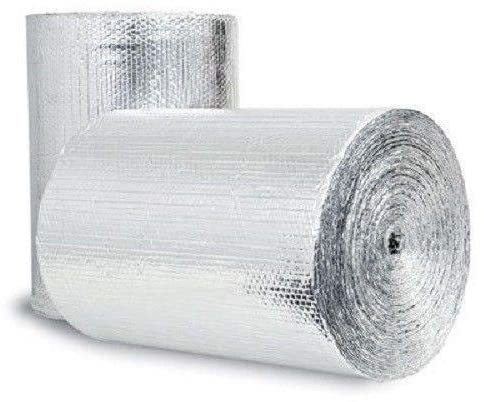
We used to think our small fifth wheel didn’t have room to store anything extra. So we skipped carrying extra insulation until one particularly bad winter night with extreme temps made us reconsider.
You aren’t throwing money down the drain by purchasing extra insulation. Add it to your rig and you’re already better off. The RV insulation most commonly used to retain indoor warmth during cold temperatures is Reflectix insulation material. This lightweight stuff can be cut to the size of your RV windows and ceiling van vents. Lay it over them and you have one more way to keep cold out.
Plugging an electric space heater into a 20-amp circuit.
Using propane or electric space heaters inside of an RV is not inherently dangerous. But not being smart about how you use supplemental heat sources can sometimes end in an RV fire. Don’t leave a space heater on unattended while you’re away from the camper. A pet could easily knock it over and burn your RV down.
Another reason for electrical RV fire disasters is when someone plugs an electric space heater into an overloaded circuit.We did that by plugging into a friend’s utility room, and just happened to catch the danger before the cord melted and burned both homes down.
Not opening cabinet doors on freezing cold nights.
Many RVers say that keeping RV cabinet doors open at night is one of the best tricks to prevent frozen water lines. I used to think that was an old RV myth. That is, until one morning, we woke up after a particularly cold night. I went to flush the toilet and slushy cold water trickled from the bowl. Luckily, no plumbing pipes cracked in the cold. But from that day on, whenever cold weather hits, we crack all cabinet doors before going to sleep at night. So far, so good.
Overlooking diesel engine additive.
RVing friends of ours taught us about the importance of using diesel engine additive. One one freezing morning, they needed their fifth wheel and Dodge diesel towed because it wouldn’t start. Turns out the fuel gelled up in their engine, which caused major repairs.
Besides keeping your diesel engine running smoothly, for less than $20 a bottle a diesel engine additive can help your engine more easily start in cold weather. The stabilizer prevents fuel from gelling and clogging the engine in temperatures below 17 Fahrenheit.
Diesel fuel has paraffin in it. It’s in liquid form, but at 32 degrees Fahrenheit, it starts to crystallize. Between 10 and 15 degrees Fahrenheit, it turns to gel, clogging the filters and the fuel tank itself. Anti-gel additive, like coolant in your radiator, lowers the gelling point, and in the right mixture, will reduce it to a temperature that’s unlikely to occur on the coldest night.
Napa Online, “Should You Use a Diesel Fuel Additive?”
Blindly following Google trip directions without checking road conditions.
We’ve all read about drivers who don’t invest in a quality RV trip planner and end up paying the price by getting lost, or worse. As chief navigator of our full-time RV family, I used to tempt fate and set our smartphone trip navigator to “Go!” without first checking on road or weather conditions. But after too many winter RVing adventures with freezing rain, fog, and icy roads on the way to our next RV park, now I always verify that road conditions are safe for us before heading out.
Don’t Learn RV Lessons the Hard Way
Create enough camping checklists, and soon the list of summer and winter RVing mistakes grows shorter. The positive side of learning from common mistakes is that you will have plenty of great campfire stories to share with friends and family.
Cold climate winter camping is not the best time to attend the RV school of hard knocks. It pays to talk to more experienced RVers about winter camping. Learn from everyone else’s mistakes, so you can avoid them in your own awesome RV travels.

